Google’s Pixel phones are in trouble - Digital Trends

Almost every single review of the Google Pixel 8 and Google Pixel 8 Pro talks about how these two take us to the promised land of AI nirvana on smartphones. Google Assistant screening calls for you? Check. More intelligent smart reply suggestions? Of course, my lazy soul deserves that convenience. Enhanced zoom that relies on pixel-level image reconstruction to de-haze blurry edges? My Instagram dump would love that.
Erase noise from videos? I want that, too. Summarizing web articles? That's every tab-hoarding journalist's dream. Those all are the AI features that rightfully put the Pixel 8 duo in a different league. But they are not impossible to emulate. Moreover, it also appears that Google intentionally locked some camera wizardry to the Pixel 8 Pro to justify its thousand-dollar asking price.
The pitch for a Google Pixel phone is still a good one, but between some questionable decisions from Google this year — and fierce competition that just won't stop — it's not unreasonable to think the Pixel family is in danger.
A dragon burning down Google's house
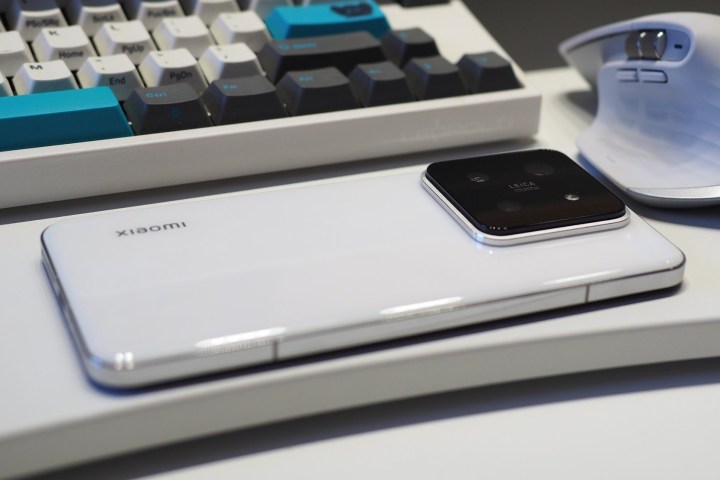
For ease of comparison, let's focus on the Pixel 8 Pro. It's a great phone for $999. But it's not the best phone for $999. And once smartphones powered by Qualcomm's AI-loving Snapdragon 8 Gen 3 chip hit the shelves, the vaunted AI edge of Pixels will dilute further. Take a look at the Xiaomi 14 duo, launched on October 26, and also the OnePlus 12 sitting right around the corner.
Thanks to the new Qualcomm chip inside and the new HyperOS software, the Xiaomi device offers AI-aligned perks like speech generation, an article summarization trick that transcribes video calls into notes and makes short summaries, AI image generation, text-to-slide creation, and the ability to turn doodles into artwork. Just like the Xiaomi 14, Honor's upcoming flagship using the same Qualcomm chip will also be able to natively run foundation generative AI models on smartphones.
But that's not all. Qualcomm says the upgraded NPU and the AI stack on its latest flagship chip will allow users to remove undesirable objects from videos, just like the Pixel phones. Expanding the canvas of images using AI plugins to get multi-step complex tasks done with a voice prompt, plus text-to-image generation, are among the many other tricks it can pull off.
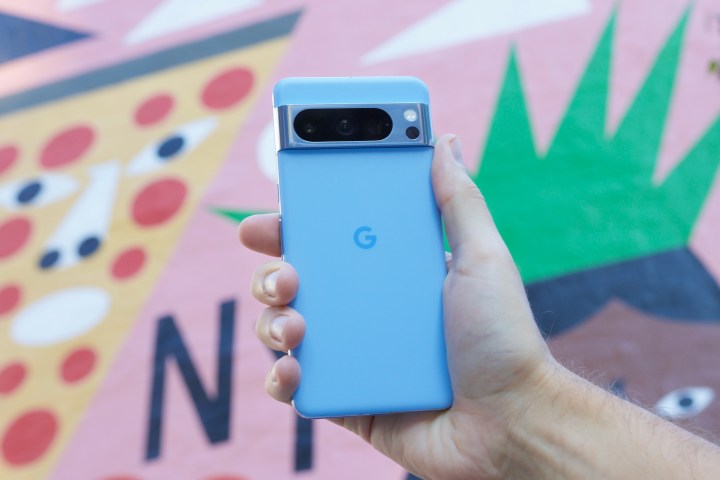
The latest Qualcomm chip doesn't entirely strip away the Google Pixel's AI" credentials, but an average Android flagship has never been this close to matching the intelligence that Google often touts for its phones. Will the Pixel suddenly become "just another premium Android phone" after the onslaught of Snapdragon 8 Gen 3 phones? Not really. But is their value deprecated? Absolutely, and for more reasons than just fancy AI tricks.
Of course, Google has a few key leverage points — like a smarter Google Assistant, a generative AI pup called Google Bard, and some software-side camera chops. But those are barely the features that are a "must" on a thousand-dollar phone.
Even the aging rivals rank up
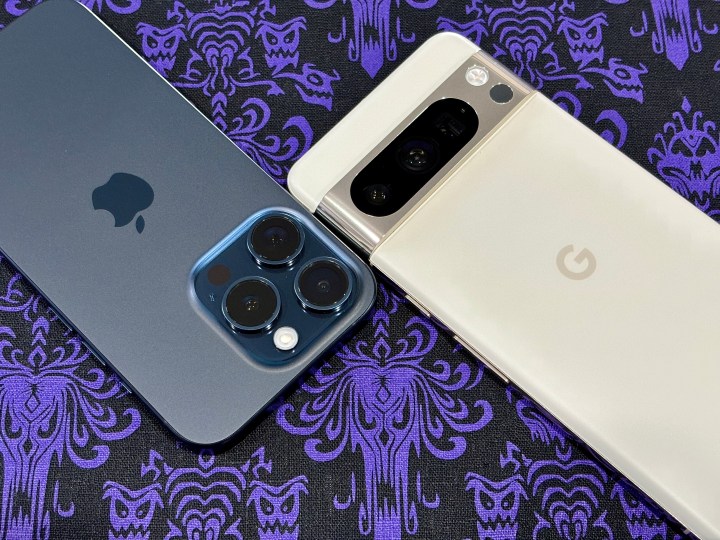
Seven years of OS updates, you say? It's great. But is there an assurance that all the new software experiences that Google develops in the coming years will run on your aging Pixel 8 in 2029? Almost certainly not. Look no further than the Pixel 8, which can't pull every trick that the Pixel 8 Pro can. And then there's the wide feature gulf you see between the Pixel 7 and Pixel 8 generation. I won't dig further into the past, but you get the idea of where I'm going.
Now, let's talk about merit. Is the Pixel 8 Pro the best $999 phone? Arguably so. Can it beat the latest "Pro" iPhone? Certainly not at raw performance. Definitely not at ecosystem benefits. Obviously, not at the longevity of software support. Unfortunately, the Pixel also lags behind the Apple flagship at battery endurance and video capture finesse by a healthy margin.
Let's look into the Android world. Last year's Galaxy S22 Ultra still fares better than the Pixel 8 Pro's Tensor G3 chip at some major benchmark tests. It has a terrific zoom camera and stunning night mode capabilities. The software is more feature-rich from a customizability perspective than the Pixel 8 Pro. It has some neat ecosystem benefits that play well with Windows PCs. The yesteryear Samsung flagship also offers a desktop-like subsystem called DeX. The battery life is better, and so are the thermals.
Problems, problems, problems
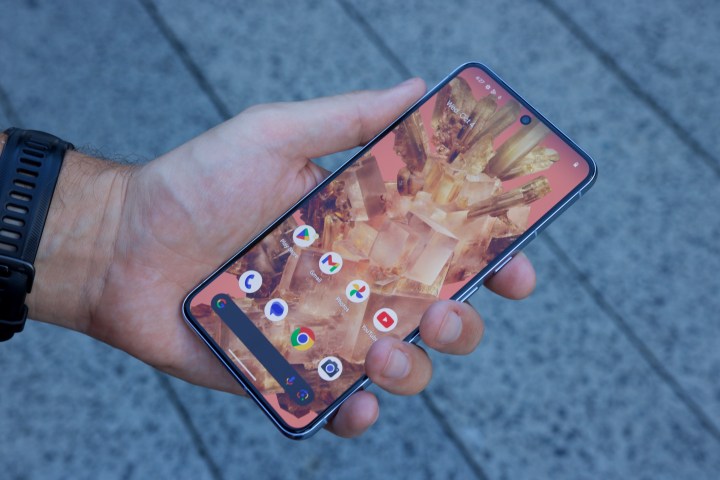
So, where exactly is the "wow" aspect of the Pixel 8 series, especially the Pro? Let's say a phone is the sum of its parts. But the sum of the parts – even the most fundamental parts – is not whole for the Pixel 8 series. Heck, the Pixels simply can't shed the curse of its predecessor.
There are actual Pixel 8 series users complaining, once again, about the bad antenna on the Google phones — resulting in bad network reception. One user ran a test using an Android app and found the latest Pixel delivering sub-par network reception results. That's a basic trait, and a phone must get it right. After all, we buy a phone to be able to make calls. Apple legend Steve Jobs is ridiculed to this day for downplaying the iPhone's bad antenna problem with a "You're holding it wrong" blunder.
Bad telephony is not forgivable.
It's distressing that Google still hasn't managed to solve something as serious as a Pixel phone not being able to call the 911 emergency hotline. The last 911 issue post was dated just a few days ago on Reddit. There's a whole thread of documented 911 call failure posts on Reddit narrating the scary ordeal. There's no guarantee that Pixel 8 users won't run into similar problems.
There's already a whole bunch of complaints regarding connectivity issues plaguing the Pixel 8 series phones on Reddit. The Pixel 7 duo, and the Pixel 6 series before it, also gave similar headaches to buyers. There are also dozens of complaints covering other woes like heating, battery drain, and different kinds of software bugs.
The Tensor tension

Now that we are knee-deep into discussing Pixel problems let's discuss the laggard situation of the Tensor chips, which trickles down all the way to its third iteration in 2023.
Right from the start, things were shaky. Google has confirmed to 9to5Google that it blocked benchmarking apps – those that run synthetic load scenarios to test a processor's might – to avoid leaks. Some say Google did it to prevent unflattering benchmark scores from stirring an online furor. Let's give Google the benefit of the doubt here. But the numbers don't lie.
At demanding tests like the 3DMark Wildlife Extreme simulation, the Tensor G3 was in the same class as the two-generations-old Snapdragon 8 Gen 1 and Apple's A15 Bionic chips. On GFXBench Aztec running at 1440p in offscreen mode, it once again returns lower numbers compared to the aforementioned Qualcomm and Apple processors and even falls behind MediaTek's Dimensity 9000.
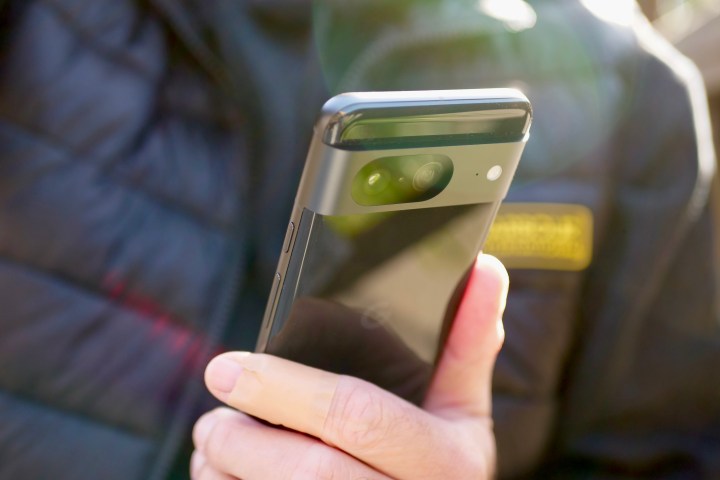
Climbing up to the Snapdragon 8 Gen 2 and the Apple A17 Pro, the Tensor G3 doesn't even deserve to be in the same league as other flagship chips of 2023. The A17 Pro averages around 2,800 on Geekbench 6 single-core test and over 7,000 at multi-core runs. Qualcomm's Snapdragon 8 Gen 2 (inside the Galaxy S23 Ultra) clocks 2,000+ and 5,200+ at single-core and multi-core tests, respectively. The comparable tally of the Tensor G3 is merely around 1,700 at single-core and in the 4,400 range at multi-core tests.
On AnTuTu, the A17 Pro proves to be around 60% faster, while the Snapdragon 8 Gen 2 is about 40 to 45% mightier. The A17 Pro's lead on some demanding graphics-intensive tests is almost 150% above the Tensor G3. Those are not small numbers by any stretch of the imagination. And as the Pixel 8 series ages, they will drop out of favor as more new AI experiences arrive that demand higher firepower.
I am not even going to put the benchmark figures that Qualcomm touts for the Snapdragon 8 Gen 3 because they absolutely embarrass Google's latest silicon.
What this means for the Google Pixel
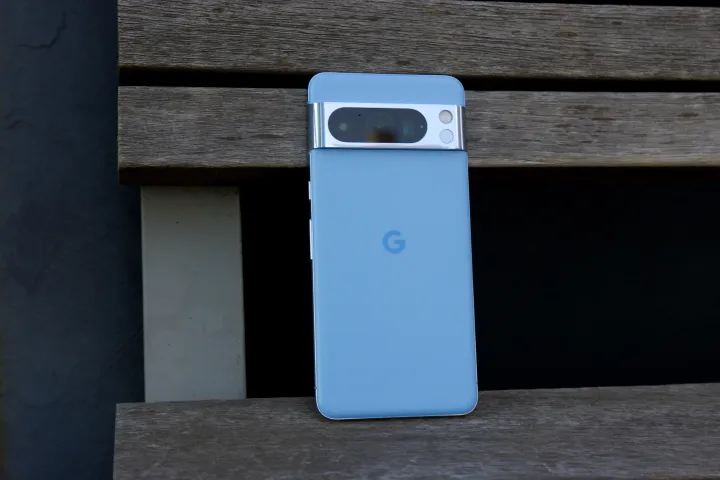
So, here's the brute observation following a rough Pixel 8 Pro observation. Ultimately, your phone will keep getting Android OS upgrades spaced across seven annual generations, but they won't get all the snazzy features that the new Pixels will flaunt in the coming years. And that brings us back to square one. How much laggardness is forgivable in favor of a few AI tricks before you decide to splurge on a Pixel when the competition clearly offers a better experience?
A phone is not all about AI. A generation or two of lagging behind is forgivable. But after that, you need to reinvent the wheel. We are at the edge of a shift where on-device generative AI is knocking at the Android doorsteps. On the other side of the mobile ecosystem, Apple is pushing console-grade games and pro-grade camera tricks on the iPhone. The Pixels look worryingly weak and definitely not ready for that shift.
At the end of the day, the Pixel 8 duo is not bad, at least not in 2023. But Google needs to catch up, and by a lot.
Comments
Post a Comment